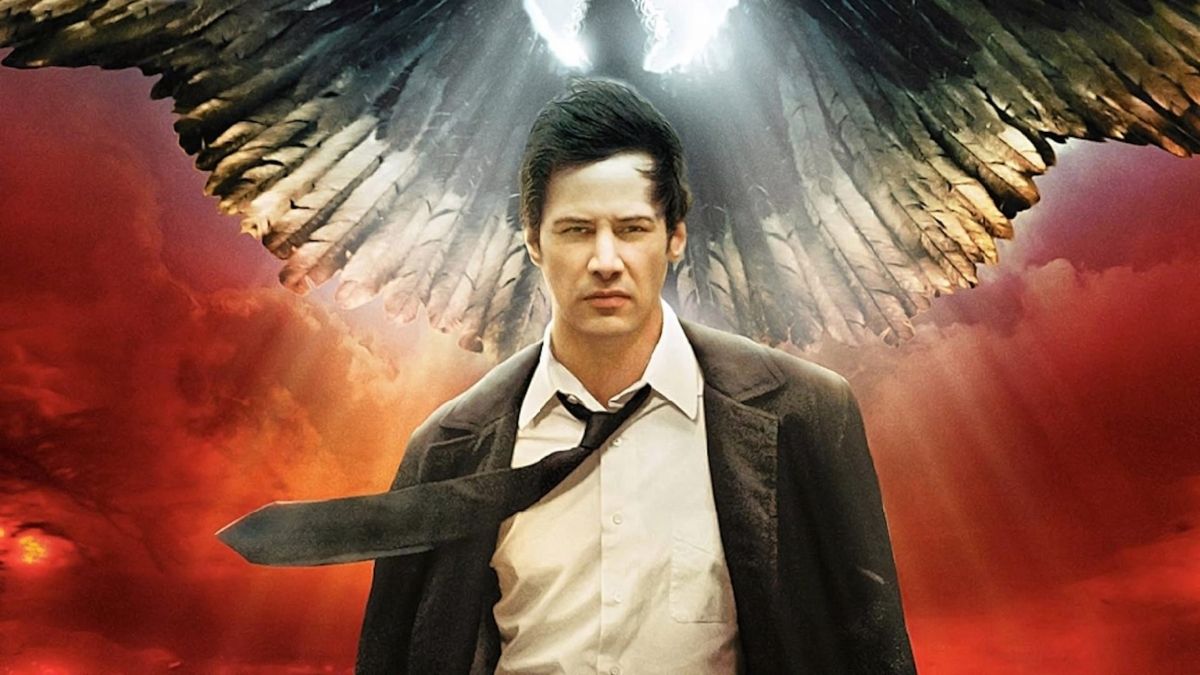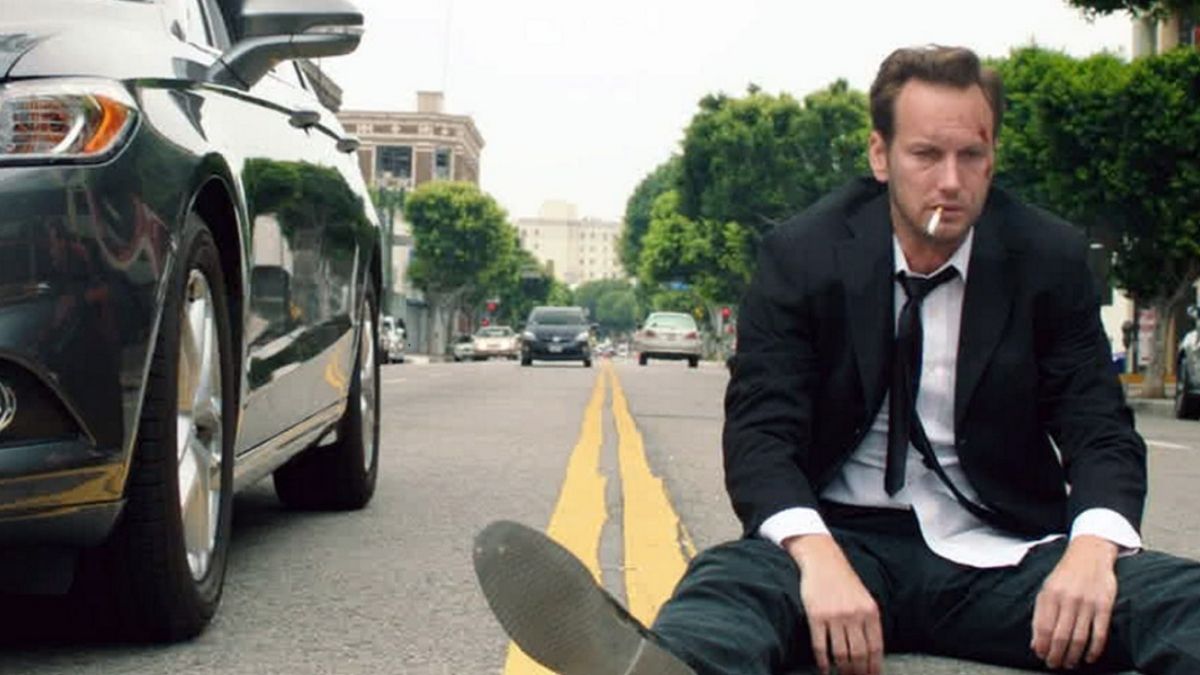Irving Pichel Monologues
Huw Morgan Monologues
There is no fence nor hedge around time that is gone. You can go back and have what you like of it, if you can remember. So I can close my eyes on my valley as it is today, and it is gone, and I see it as it was when I was a boy. Green it was, and possessed of the plenty of the Earth. In all Wales, there was none so beautiful. Everything I ever learned as a small boy came from my father and I never found anything he ever told me to be wrong or worthless. The simple lessons he taught me are as sharp and clear in my mind as if I had heard them only yesterday. In those days, the black slag, the waste of the coal pits, had only begun to cover the sides of our hill. Not yet enough to mar the countryside, nor blacken the beauty of our village, for the colliery had only begun to poke its skinny black fingers through the green.
Memory... Strange that the mind will forget so much of what only this moment has passed, and yet hold clear and bright the memory of what happened years ago; of men and women long since dead.
It is with me now, so many years later. And it makes me think of so much that is good, that is gone.
Everything I ever learnt as a small boy came from my father, and I never found anything he ever told me to be wrong or worthless. The simple lessons he taught me are as sharp and clear in my mind as if I had heard them only yesterday.
I think I fell in love with Bronwyn then. Perhaps it is foolish to think a child could fall in love. But I am the child that was, and nobody knows how I felt, except only me.
Men like my father cannot die. They are with me still - real in memory as they were in flesh, loving and beloved forever. How green was my Valley then.
And so it came to Ianto and Davy, the best workers in the colliery but too highly paid to compete with poorer, more desperate men.
Then the strike was settled - with the help of Mr. Gruffydd and my father. Work again. Work, to wipe out the memory of idleness and hardship. The men were happy going up the hill that morning.
But not all of them. For there were too many now for the jobs open, and some learned that never again would there be work for them in their own Valley.
Then came the scrubbing - out in the back yard. It was the duty of my sister Angharad to bring the buckets of hot water and cold. And I performed what little tasks I could as my father and brothers scrubbed the coal dust from their backs. Most would come off them, but some would stay for life. It is the honorable badge of the coal miner - and I envied it on my father and grown-up brothers. Scrub and scrub, and Mr. Coal would lie there and laugh at you.
After dinner, when dishes had been washed, the box was brought to the table, for the spending money to be handed out. No one in our Valley had ever seen a bank. We kept our savings on the mantelpiece. My father used to say that money was made to be spent, just as men spend their strength and brains in earning it - and as willingly - but always with a purpose.
Twenty-two weeks the men were out, as the strike moved into winter. It was strange to go out into the street and find the men there in the daytime. It had a feeling of fright in it. And always the mood of the men grew uglier, as empty bellies and desperation began to conquer reason. Any man who was not their friend became their enemy. They knew that my father had opposed the strike, and now it was they who opposed him.



